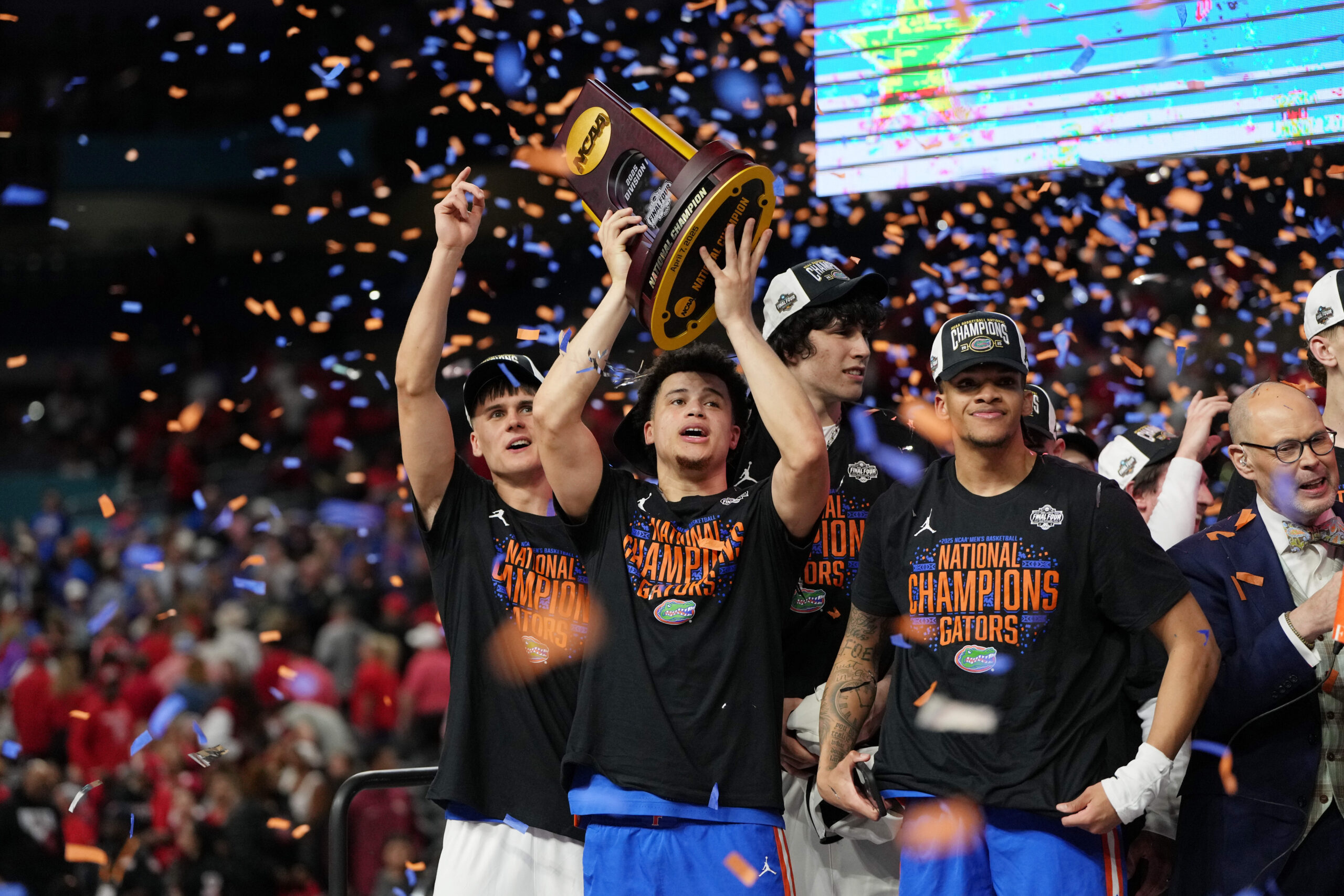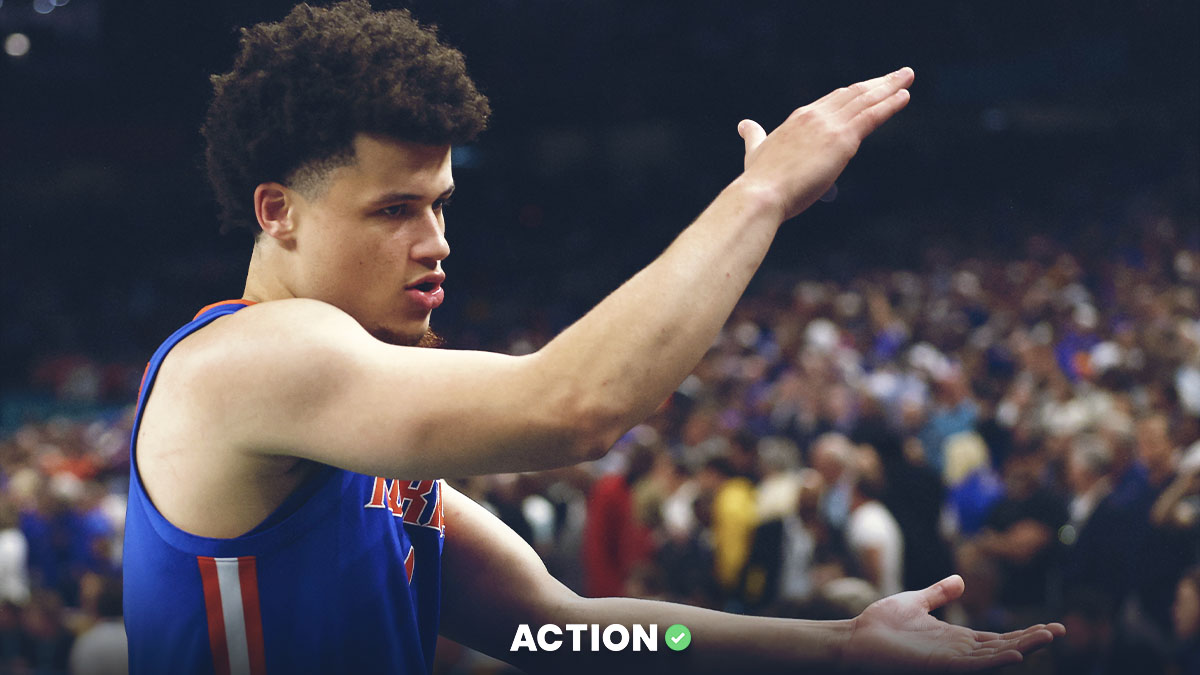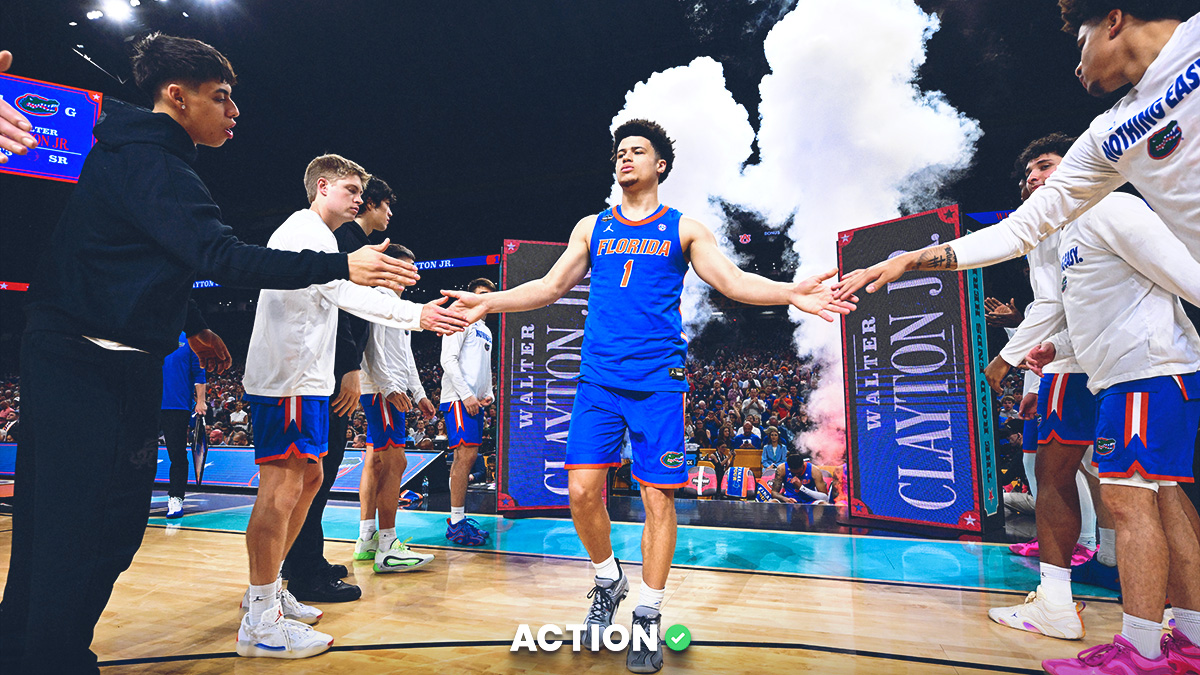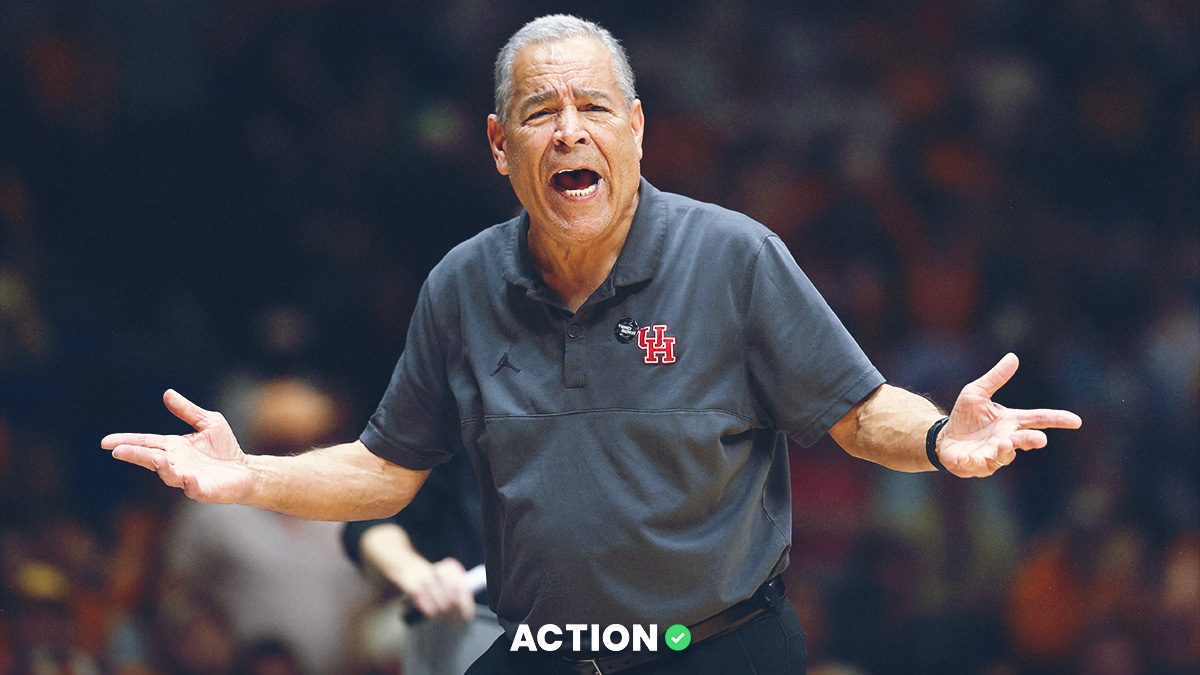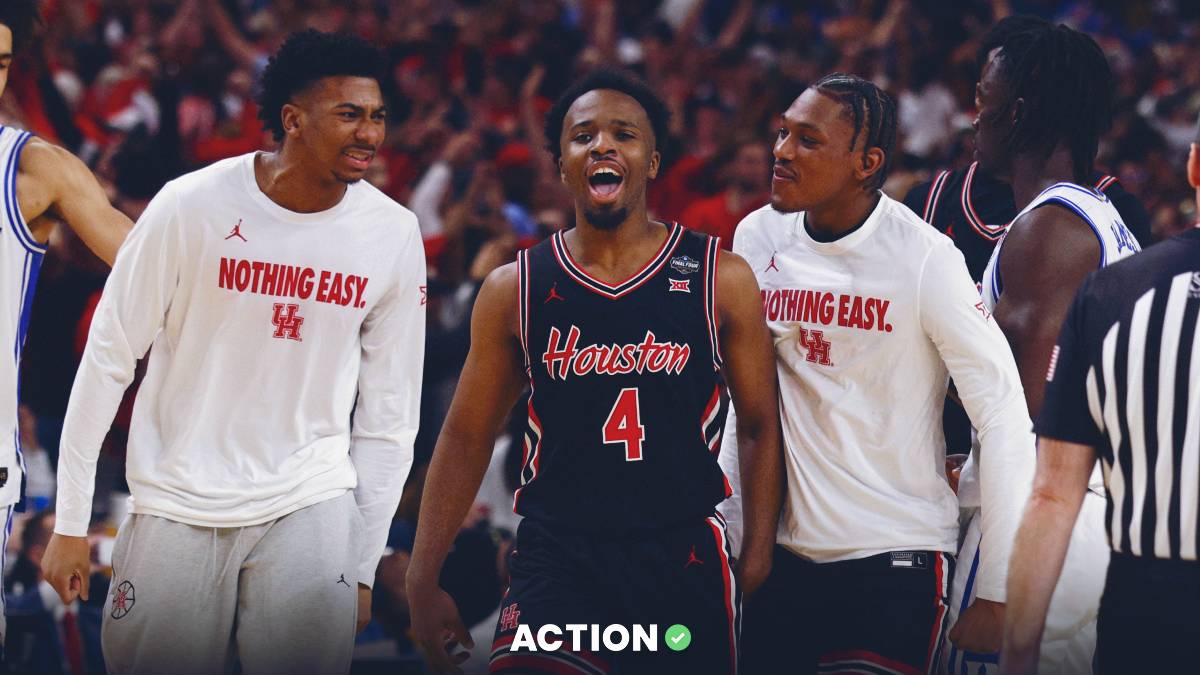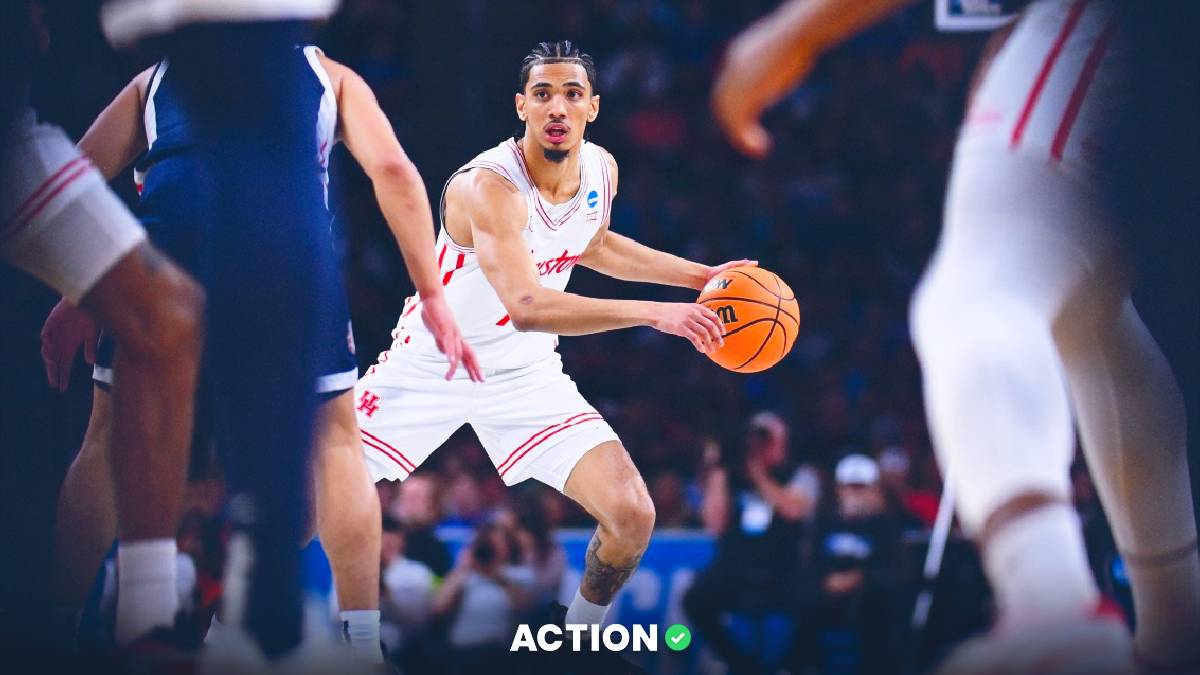Zion Williamson's injury reignited the debate over whether collegiate athletes should get paid. But it also allows us to look into whether the insurance the guaranteed to one-and-done-caliber players is even adequate.
Sources told The Action Network that Duke paid for Zion Williamson's total disability policy of an undisclosed amount, which would pay out to Williamson if got injured and it was ruled he could never pay again.
The more interesting part of the policy is the rider attached to that policy, called a Loss of Value provision. This enables Williamson to collect if he falls much farther in the draft than predicted because of an injury.
Sources tell The Action Network that Duke paid about $50,000 for an $8 million Loss of Value policy that was written by a company called ISI and backed by Lloyd's of London, as all loss of value policies are.
In the event Williamson got seriously hurt, he would start to collect up to $8 million starting with the 17th pick in the first round of the NBA Draft in June.
If players can't market themselves and don't get paid for their jersey sales, the thought by many is that the school should at least pay for proper insurance.
"The university usually isn't insuring the guys to their full value," said Ronnie Kaymore, CEO of Kaymore Sports Risk Management, which specializes in advising athletes for their insurance injury protection. "Often the amount a school takes out is driven by the school's budget."
Kaymore says he thinks the athletes should shop for the insurance themselves and then show schools the cost, instead of the school just deciding how much it will pay.
Kaymore says Williamson is worth as much as seven times what Duke has insured his loss of value for. He should get an $18 million rookie deal, along with the ability to earn another $30-50 million in endorsement deals.
Williamson is not the only one. It has happened at many schools. Saquon Barkley notoriously had only $2 million in total disability and only $1 million in loss of value insurance at Penn State, sources said.
Barkley, who was taken second overall by the Giants in last year's NFL draft, was immediately worth $40 million in contract and endorsements.
There's another reason why the amount has to be even higher to protect the athlete: The proceeds from an insurance collection can be taxed if the insured doesn't pay the policy themselves. Otherwise, it's tax deductible.
Don't pay collegiate athletes? You can argue about that. But at least fully protect them.






